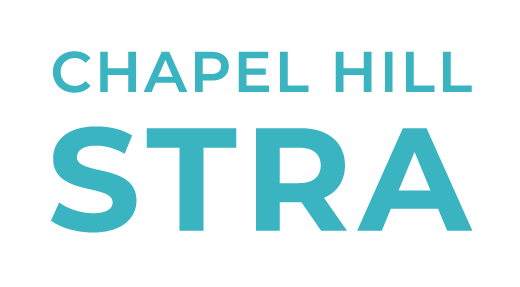Carefully vetting guests is arguably one of the most important things an STR host can do to protect your home and business. Here are some of the top red flags to watch out for.
Parties
Of course, not every group is going to have a party, and not every party is a rager. Still, this is perhaps the most looked-for red flag. Keep watch for signals like someone one night only bookings, someone booking for a group around spring break week or similar times, groups of unrelated adults, and a mismatch between their stated number of travelers and the occupancy a home can accommodate. Some quick follow-up questions can usually clarify the guest’s intentions.
Questionable Identities
Even though OTAs like Airbnb and Vrbo verify their travelers, those systems aren’t foolproof. Watch out for guest inquiries with missing profile pictures, incomplete or obviously false names, new profiles with no reviews, odd email addresses, and names on credit cards that don’t match the guest profile. Underage travelers fall into this category, too.
Ignoring Clear House Rules
Asking questions or making statements contrary to policies clearly identified in a property listing or house rules can certainly be an innocent symptom of browsing many properties at once, which many guests do. Still, if a guest or potential guest mentions something like bringing a dog to a non-pet property, hosting a party, or bringing an excess number of guests, it could be a sign they are planning to violate our policies even after they are clearly explained and a rental agreement is signed.
Scams
Scammers are increasingly targeting STR hosts and businesses. Though not always a sure sign of a scammer, look closely for poor grammar or a lacking grasp of English, incorrect details about a property, or mismatching details between their profile and their inquiry message. Thorough follow-up can quickly deter would-be scammers.
Odd Booking Requests
The most common odd booking requests include last-minute stays, surprise reservations for someone else, and requests to pay via cashier’s check or other payment options not on a property listing. Each of these can have safe, legitimate reasons behind them, but they always trigger extra layers of screening.
Basically, if something doesn’t feel right, it’s probably a warning sign. What else do you look for when vetting guests?

Yes… I have had concerns and been a victim of a guest who lies and throws a party. I received a insta book reservation on Airbnb. I called Airbnb and expressed my concern, because she was a local. I have it clearly in my rules NO PARTIES, NO DRUGS, NO SMOKING. I messaged her, and met with her in person emphasizing this. She still had a rager. Neighbors were irate, I called police, etc… I have a $750 deposit if there’s a damage. Unfortunately Airbnb doesn’t collect that money. Airbnb in fact has done nothing to help. They have taken months and made every excuse. I can’t get anyone on the phone, it’s random support emails that are automated responses. What’s the point in hosting under Airbnb if they are going to at least cover the damage with the deposit. Scammers can scam because they know, Airbnb will do nothing. It’s sad. I have less confidence in them more and more. They do not take care of their hosts and have been negligent backing up our rules and requirements.